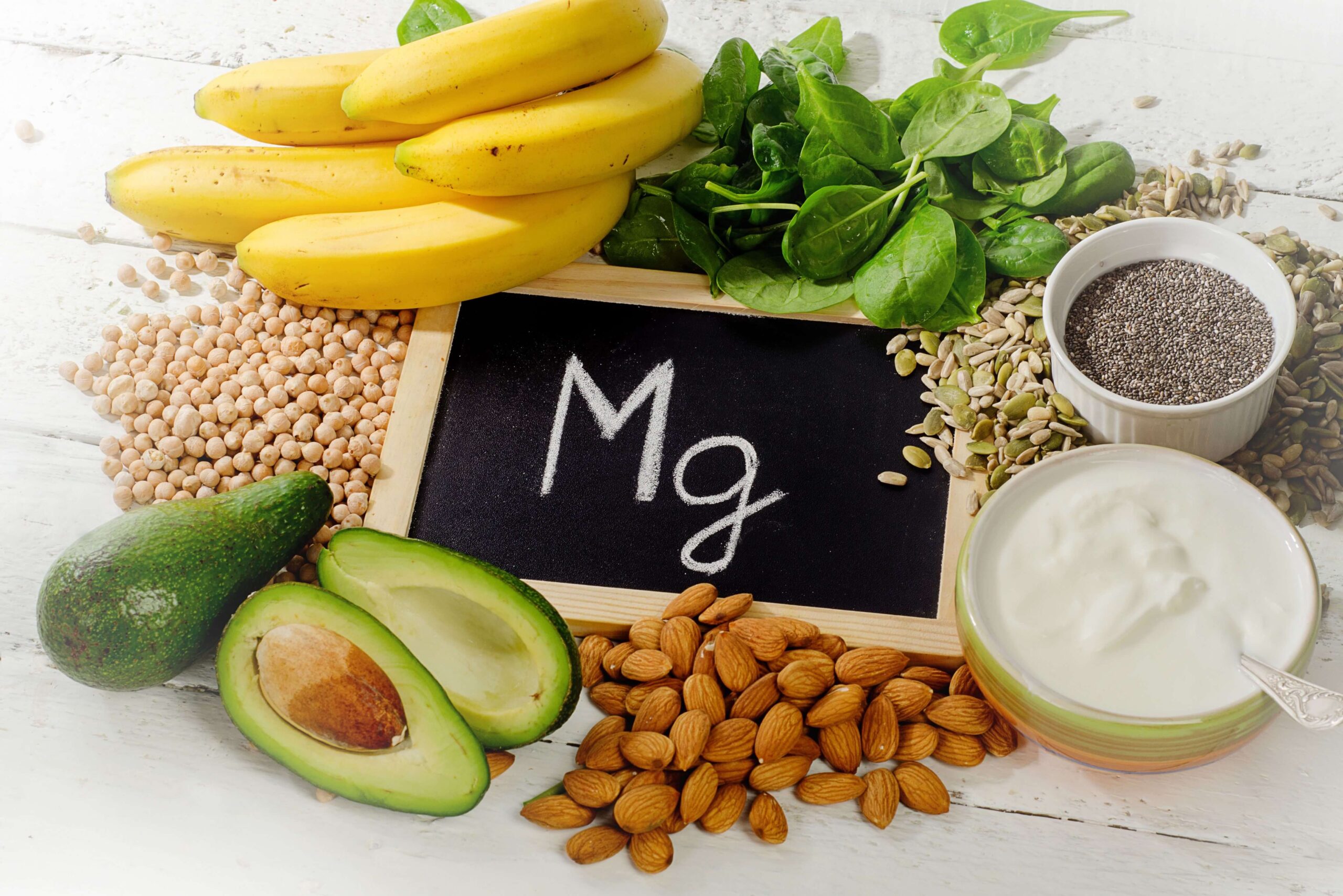Magnesium and Pregnancy
Magnesium is a vital mineral that plays a crucial role during pregnancy. It has several benefits for both the mother and the developing baby. Let’s explore why magnesium is important in a simplified manner:
- Healthy fetal development: Magnesium supports the formation and growth of the baby’s organs, including the heart, bones, and nervous system. It contributes to the overall development of the fetus.
- Muscle and nerve function: Magnesium helps regulate muscle contractions and supports the proper functioning of the nervous system. It can help prevent muscle cramps, spasms, and discomfort such as restless leg syndrome, which are common during pregnancy.
- Energy production: Magnesium is essential for producing and utilizing energy in the body. During pregnancy, when the energy demands are higher, maintaining adequate magnesium levels is crucial to support the increased energy requirements.
- Blood pressure regulation: Magnesium assists in maintaining normal blood pressure levels. This is important for a healthy pregnancy, as high blood pressure can be a concern. Having enough magnesium may help reduce the risk of developing gestational hypertension or preeclampsia, which are conditions related to high blood pressure during pregnancy.
- Bone health: Magnesium works together with other nutrients like calcium and vitamin D to support the development and maintenance of healthy bones. Ensuring sufficient magnesium intake during pregnancy contributes to the well-being of both the mother’s and baby’s bones.
To increase magnesium intake, consider incorporating magnesium-rich fruits into your diet. Some fruits that are good sources of magnesium include bananas, avocados, figs, and papayas. These fruits not only provide essential nutrients but also offer a delicious and healthy addition to your pregnancy diet.
Remember, it’s always best to consult with a healthcare professional for personalized advice on magnesium supplementation and specific dietary needs during pregnancy.

Magnificent beat ! I wish to apprentice while you amend your web site, how can i subscribe for a blog site? The account helped me a acceptable deal. I had been tiny bit acquainted of this your broadcast provided bright clear concept
Thanks for your post. One other thing is the fact that individual states in the United states of america have their own laws that will affect people, which makes it quite hard for the Congress to come up with the latest set of rules concerning foreclosures on property owners. The problem is that a state possesses own legal guidelines which may interact in a damaging manner on the subject of foreclosure procedures.
Thanks a lot for the helpful article. It is also my opinion that mesothelioma cancer has an particularly long latency period, which means that symptoms of the disease won’t emerge right up until 30 to 50 years after the initial exposure to asbestos fiber. Pleural mesothelioma, which is the most common style and impacts the area about the lungs, will cause shortness of breath, breasts pains, as well as a persistent coughing, which may produce coughing up maintain.
Hi there! This post couldn’t be written any better! Reading through this post reminds me of my good old room mate! He always kept talking about this. I will forward this post to him. Fairly certain he will have a good read. Thank you for sharing!